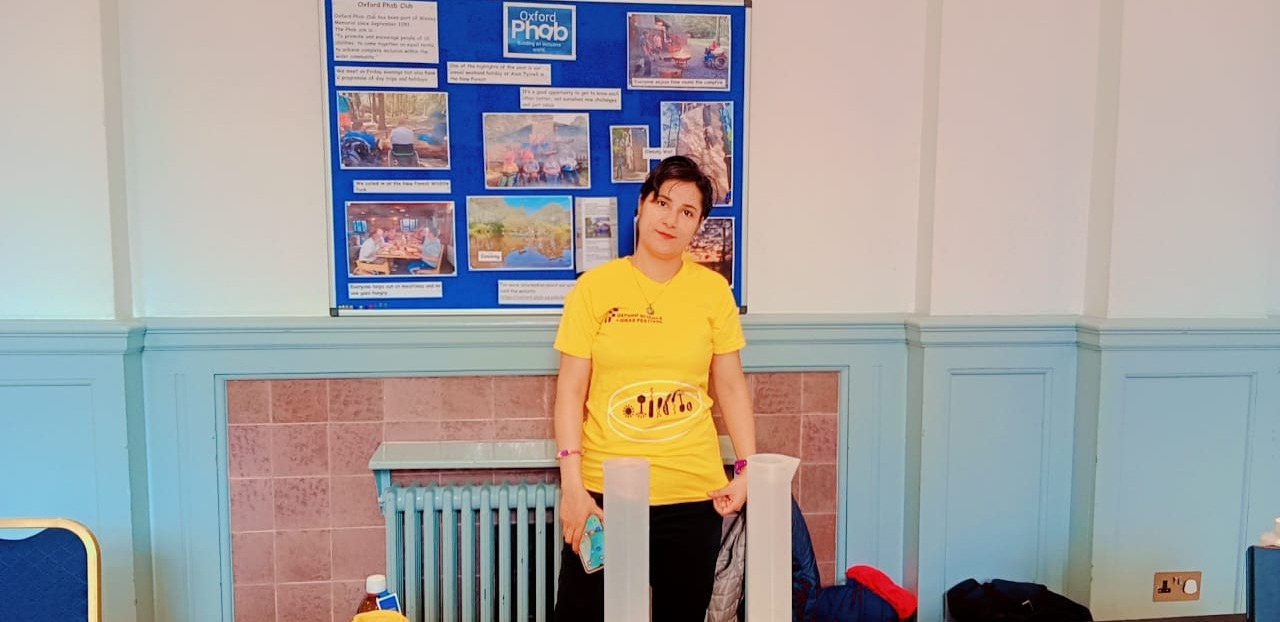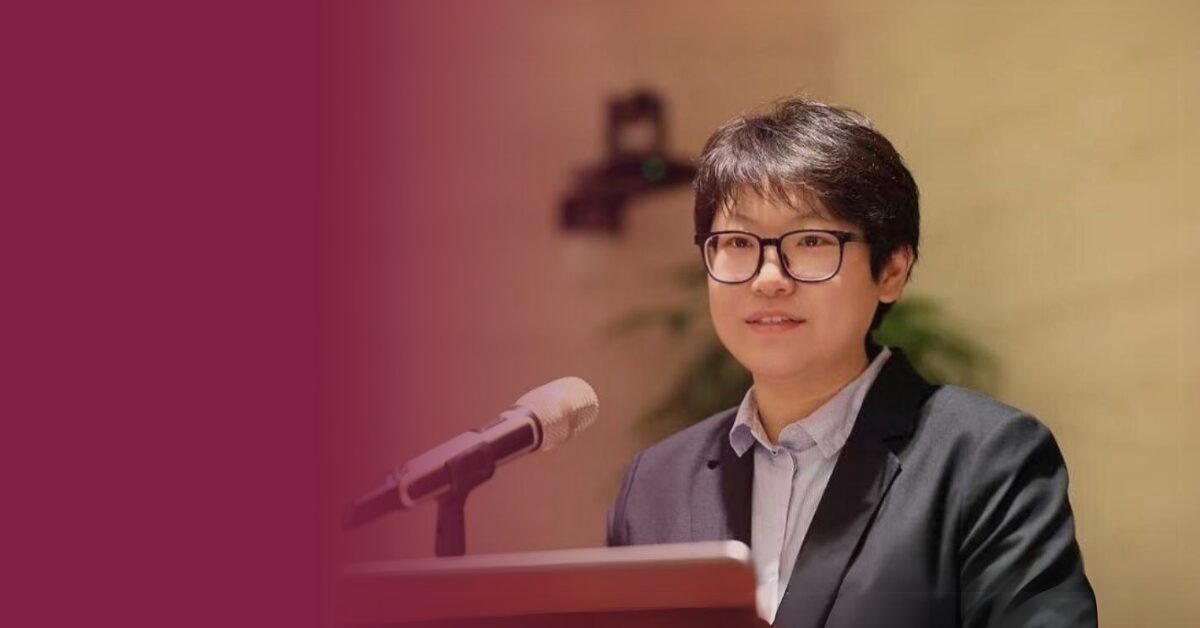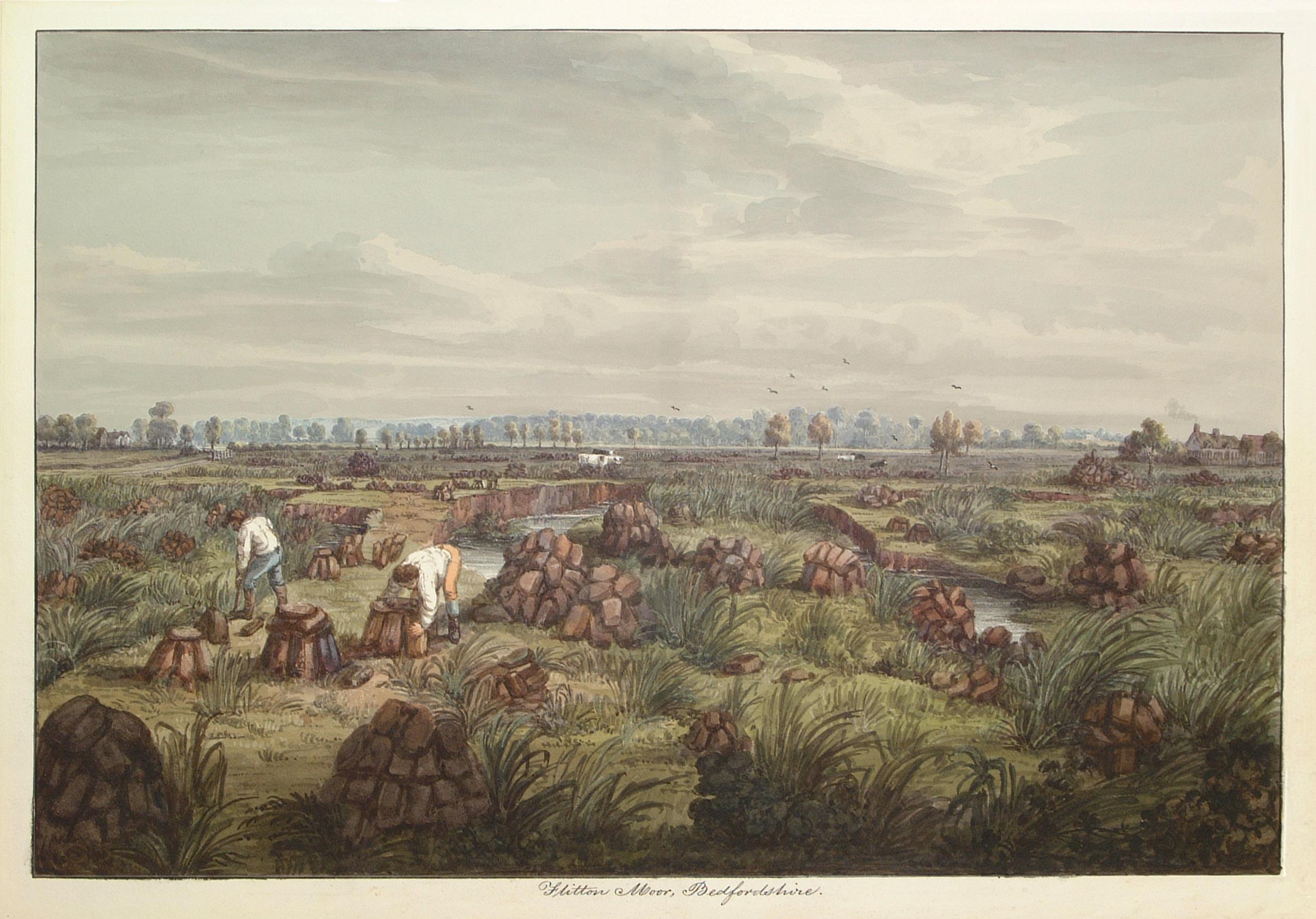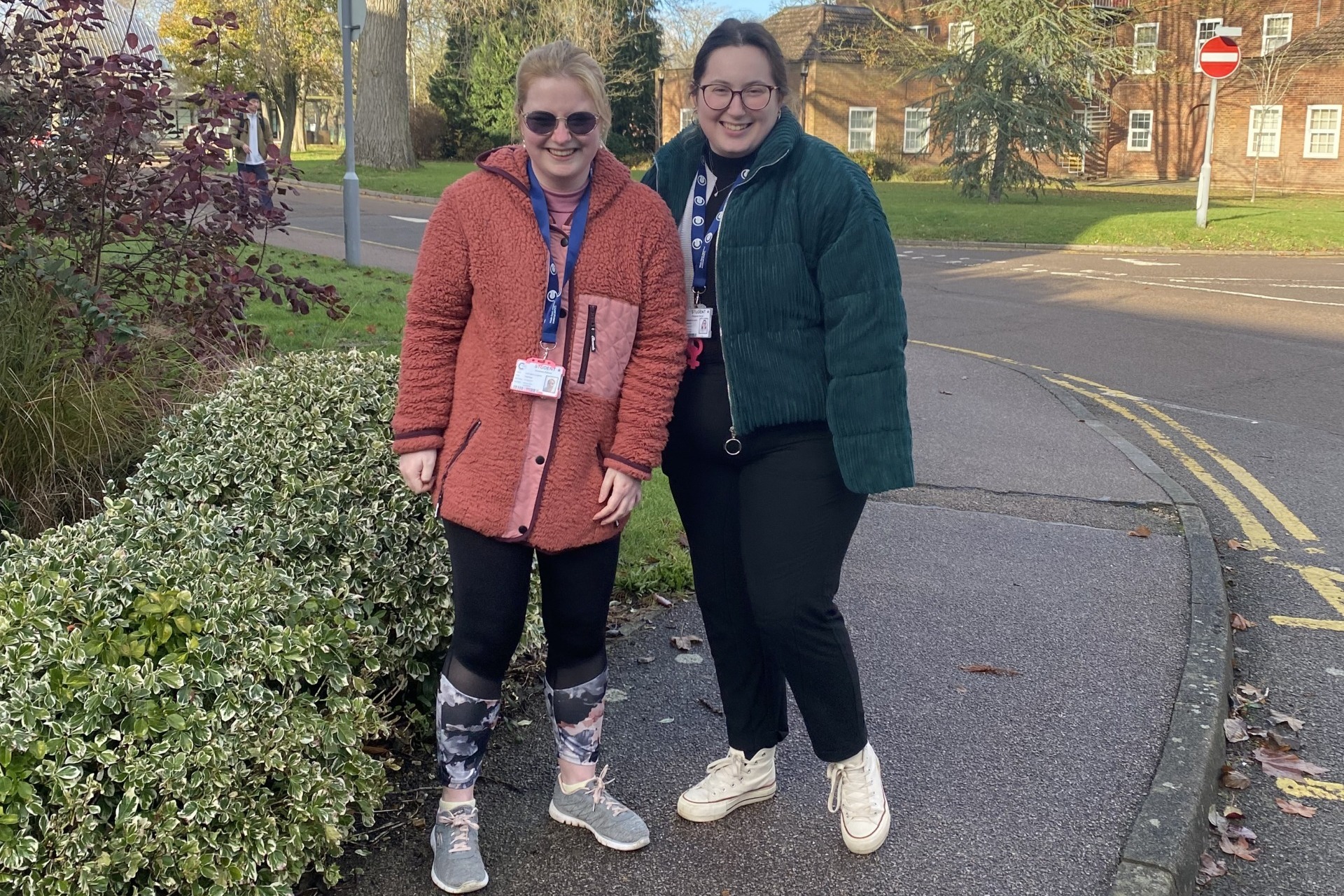Helping circular economy business leaders see beyond their own time
06/07/2017

“The eyes of the future are looking back at us and they are praying for us to see beyond our own time.” – T.T. Williams
The quote resonates. The eyes of the future are upon us. Never have we had more information at our fingertips and never have we been more connected. Yet, it seems the challenges have never been greater.
The social, political, digital, and economic disruptions we are experiencing are unprecedented and world-changing. But history has taught us that immense challenges spark great ingenuity. Rather than succumb to the threats of the present, skilled people armed with the right motivation, information, and tools can reinvent the future.
Circular economy business skills are in short supply
For sustainable business leaders, there is no shortage of skilled business people. The challenge is: there are relatively few people with the competencies to drive Circular Economy (CE) business model innovations within organizations.
Even the most knowledgeable among us are far from being experts in implementation – we’re all learning – and learning from each other. We know why building CE business models matter – to our businesses, customers, society, and the natural world – but there is still a persistent gap in understanding how to translate CE principles into scalable models that drive consistent, innovative outcomes.
As a 100-year-old company, Steelcase is faced with some challenging and exciting questions:
- How do we shift conversation from business optimization to business transformation?
- How do we unleash culture to drive new CE design capabilities and business models?
- How can we leverage existing models and achievements to pivot into new opportunities?
- How can we leverage technology to drive new value creation?
- How can we build on existing circular economy capabilities to grow new ones?
We’ve been working to answer these questions and others like them for a while. Decades ago, we began designing to Cradle to Cradle principles to avoid toxic chemicals, optimise lifecycle performance and enable materials recovery at end of life. Ten years ago, we started piloting new business models including product/service integration, pay-for-use workspace solutions, and end of use services. Today, we continue to iterate and scale our early models as we imagine and test new ones — building the agility and resilience we’ll need in the next 100 years.
Skilled people are central to harnessing the digital revolution for good
Building effective CE business models will be a common thread between thriving companies of the future. The digital revolution will bring the sensing power and systems analytics needed to drive deep insights around use patterns, provenance, product condition and customer value. These advancements promise to finally decouple economic growth from resource consumption.
The key word is ‘promise’. To deliver on the promise, we still need people.
- We need brave and capable visionaries, entrepreneurs, and innovators inside today’s largest and smallest companies, and throughout society, to turn this promise into reality.
- We need translators, practitioners, and designers who can transform the things we make into resilient economic engines that grow resource abundance as they deliver better solutions for society and customers.
- We need educators to innovate learning programs and convene communities of practice that help people master the principles of CE and help them build the empathy skills needed to unleash their practice expertise within companies.
We need people with new skills and the ability to see the future with new eyes.
Training vital to help business leaders ‘see beyond our own time’
As an Ellen MacArthur Foundation Pioneer University, Cranfield University, in collaboration with EMF, has leveraged their renowned expertise to create an exciting, part-time Executive MSc course. Technology, Innovation and Management for a Circular Economy marries circular economy principles and cross-disciplinary practice within the context of the digital revolution.
This newly minted course aims to equip professionals with the knowledge to see beyond our own time – and the skills to transform our global economy one institution and one company at a time.
The next generation of business leaders will be challenged by scarcity, outdated economic systems, and a rapidly changing business context. Disrupting the status quo with new operating models will require innovative systems design thinking and a deep understanding of the barriers and opportunities ahead. Courses like the Cranfield MSc can help professionals develop the skills and strategic perspectives to not only succeed in the future context, but to fundamentally transform it.
If you haven’t considered an advanced course in Circular Economy, you should.
The future needs you.
Categories & Tags:
Leave a comment on this post:
You might also like…
PhD researcher at the IF Oxford Science and Ideas Festival
IF Oxford is a science and ideas Festival packed with inspiring, entertaining and immersive events for people all ages. PhD researcher, Zahra attended the festival. Here she shares what motivated her to get involved. ...
What leadership skills are required to meet the demands of digitalisation?
Digital ecosystems are shifting the dynamics of the world as we know it. With digitalisation being a norm in the software industry, there is currently a rapid rise in its translation ...
My PhD experience within the Centre for Air Transport at Cranfield University
Mengyuan began her PhD in the Centre for Air Transport in October 2022. She recently shared what she is working on and how she has found studying at Cranfield University so ...
In the tyre tracks of the Edwardian geologists
In April 1905 a group of amateur geologists loaded their cumbersome bicycles on to a north-bound train at a London rail station and set off for Bedfordshire on a field excursion. In March 2024 a ...
How do I reference… images, figures, and tables in the APA7 style?
So you want to use an image or table in your assignment that you didn't create yourself - but you don't know how to cite it? Read on to find out how. Any images, figures, ...
Forensic Archaeology and Anthropology students Grace and Trish on life at Cranfield
“Me and Grace met during our undergrad in Ireland, and we’ve been inseparable ever since to the point that we followed each other to another country to do our master’s” – Trish Commins Forensic ...






